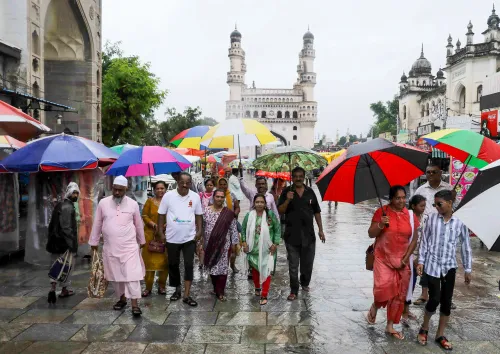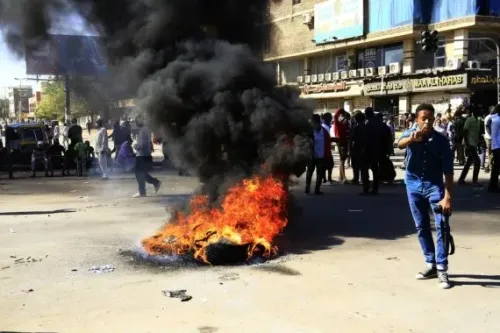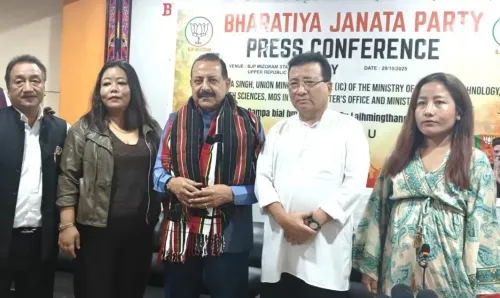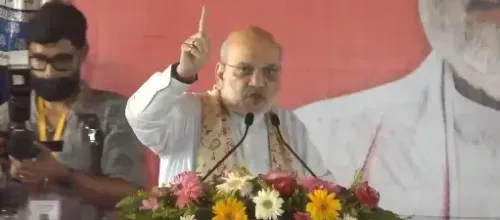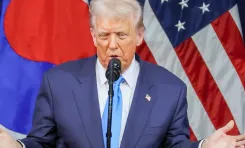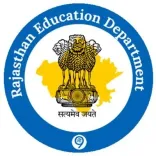Bhagidari Nyay Sammelan: Can the Oppressed Unite for Justice?

Synopsis
Key Takeaways
- Unity among backward classes is essential for social justice.
- Historical exclusion has created systemic inequalities.
- Political representation and empowerment are crucial for marginalized communities.
- The Constitution serves as a shield against discrimination.
- Affirmative action measures must be upheld and expanded.
Bengaluru, July 25 (NationPress) The Chief Minister of Karnataka, Siddaramaiah, emphasized the importance of solidarity among marginalized communities during the Bhagidari Nyay Sammelan, asserting that history favors justice when the oppressed join forces.
While speaking at the Talkatora Stadium in Delhi, CM Siddaramaiah urged all OBC leaders and grassroots activists to heed the words of Baba Saheb Ambedkar: to educate, agitate, and organize. He stated, 'The era of waiting has ended. We must construct a republic where justice is prompt, representation is assured, and dignity is unwavering.'
He remarked, 'This is the legacy we must provide for future generations.' CM Siddaramaiah called for this moment to mark the dawn of a new era. 'When the oppressed unite, history favors justice. Our fight is not just for our rights; it’s for the essence of India. We envision an India where birth does not dictate fate, where the 'Utpadak Varg' are recognized and celebrated, and where justice is not postponed intentionally but is delivered through Constitutional Democracy.'
He emphasized the pressing need for justice, stating, 'India’s social fabric was not constructed on fairness, but rather on exclusion.'
The very individuals who contributed to nation-building through their hard work, the 'Utpadak Varg', have historically been denied education, land, and leadership roles. The laborers who tamed animals, produced goods, and cultivated lands were bound by the chains of their birth. The intellectuals who could have guided and led were systematically excluded from educational and leadership opportunities, he articulated.
This exclusion was not coincidental; it was a structured approach maintained by the 'Sangrahak Varg', who upheld their dominance over knowledge, wealth, and privilege by labeling entire communities as unworthy, adhering to the inhumane doctrines of Manusmriti, CM Siddaramaiah asserted.
This caste-based inequality manifests not only as an economic issue but also as a socially structured form of violence. For generations, countless children have been deprived of classroom opportunities, not due to a lack of talent, but because society has rendered them invisible, the CM remarked.
Today, discussions around 'merit' continue as if they exist independently. What opportunities does a child from a laundry worker’s family have against the offspring of an upper-caste landlord or a wealthy capitalist? The game has been rigged from the start, CM Siddaramaiah questioned.
The BJP-RSS ideology does not aim to dismantle this system; rather, it aims to legitimize it. Their vision is one of hierarchy, where silence equates to loyalty and injustice is tradition, he stated.
The worldview of the RSS-BJP embodies a form of 'Social Darwinism,' where only the dominant deserve dignity. However, our Constitution pledges not a survival of the fittest, but justice for the weakest. 'Thus, I advocate for the protection of our Constitution. True social justice and equity can only be achieved through its safeguarding. In a free India, our Constitution is our Dharma, the only shield against the harsh realities of Manu Dharma,' CM Siddaramaiah declared.
He reflected on the moment when the Supreme Court nullified caste-based reservations in the State of Madras vs. Champakam Dorairajan (1951). Despite facing opposition, Prime Minister Jawaharlal Nehru responded with India’s First Constitutional Amendment, enshrining Article 15(4) to protect reservations for OBCs, SCs, and STs.
The Mandal Commission, established in 1979, uncovered that over 52 percent of India comprised OBCs. When its recommendations were enacted in 1990, the RSS and BJP vehemently opposed it, inciting riots and over 200 suicides. Nevertheless, the Congress government led by P.V. Narasimha Rao stood resolutely and implemented a 27 percent reservation, demonstrating courage amidst adversity, CM Siddaramaiah stated.
'Rajiv Gandhi, via the 73rd and 74th Amendments, ensured representation for backward classes in local governance. Under the leadership of Smt. Sonia Gandhi and Dr. Manmohan Singh, the 93rd Amendment guaranteed 27 percent reservation in higher education. The Congress established the National Commission for Backward Classes in 1993, giving a voice to millions,' he noted.
'I advocate for a national caste census, political reservations, proportional representation of 75 percent, educational empowerment, economic opportunities, and social awareness as foundational elements for uplifting our backward classes,' he concluded.

